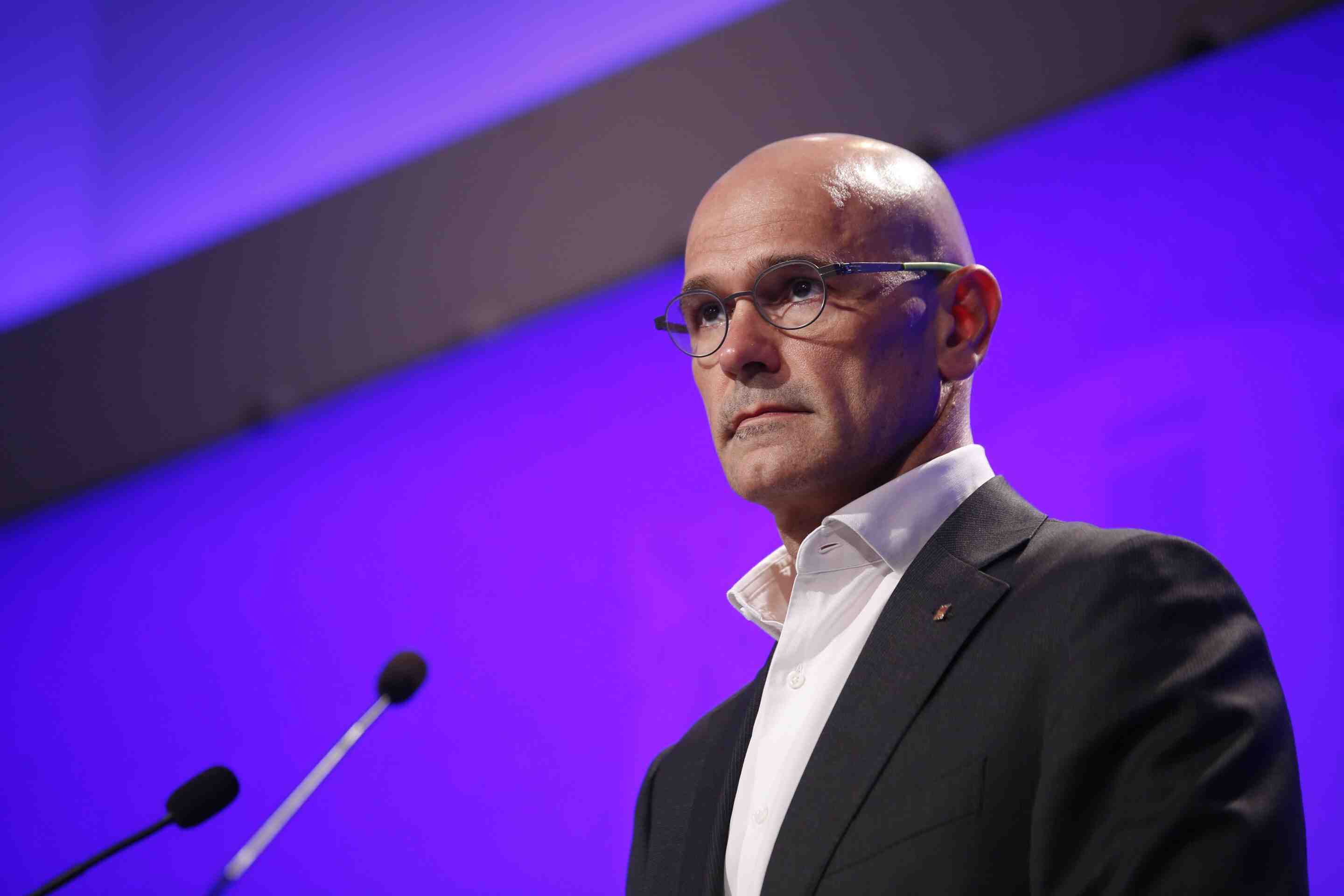Raül Romeva is one of the most hard-hitting when it comes to testifying before the Supreme Court. El Nacional has had access to the former Catalan foreign minister's testimony before the court on 17th April last year, after he had been indicted for rebellion and misuse of public funds. In the audio, he denounces the lack of will from the Spanish government to negotiate and agree upon terms for a referendum. "The Constitution considers the transfer of powers, like a referendum", he says, "if it hasn't done so, it's because there's not been the political will".
The minister explains the attempts, with various proposals at different times, for negotiation with the Spanish state for them to grant the power to hold a vote.
Romeva says that the Catalan government acted in accordance with a popular mandate, not a pre-established road map. "They were responding to a popular mandate by the peaceful path," he says. Indeed, during his testimony he explicitly presents himself as a pacifist: "I wouldn't have ever been part of a process with violent tools". He adds that he called for dialogue in all his public and private comments: "I profoundly disagree [with the idea] that the objective of independence is only achieved with violent methods".
The minister also says that "the right to self-determination is a fact, a reality which must be faced". He notes that ERC has defended independence since the 80s and has never been prevented for standing for election with it in their manifesto.
During his testimony, Romeva explains his role as foreign minister and says that he didn't go beyond his powers: "The Statute [of Autonomy of Catalonia] contemplates the duty of international actions".
The minister emphasises the "cross-spectrum nature" of the movement. "We're talking about millions of people", he says, adding that it wasn't only 'yes' supporters who voted during the referendum, but that "many people who are not independence-supporters went to vote". He concludes that the Spanish police "didn't prevent independence supporters from voting, but they went to stop the people from voting".

